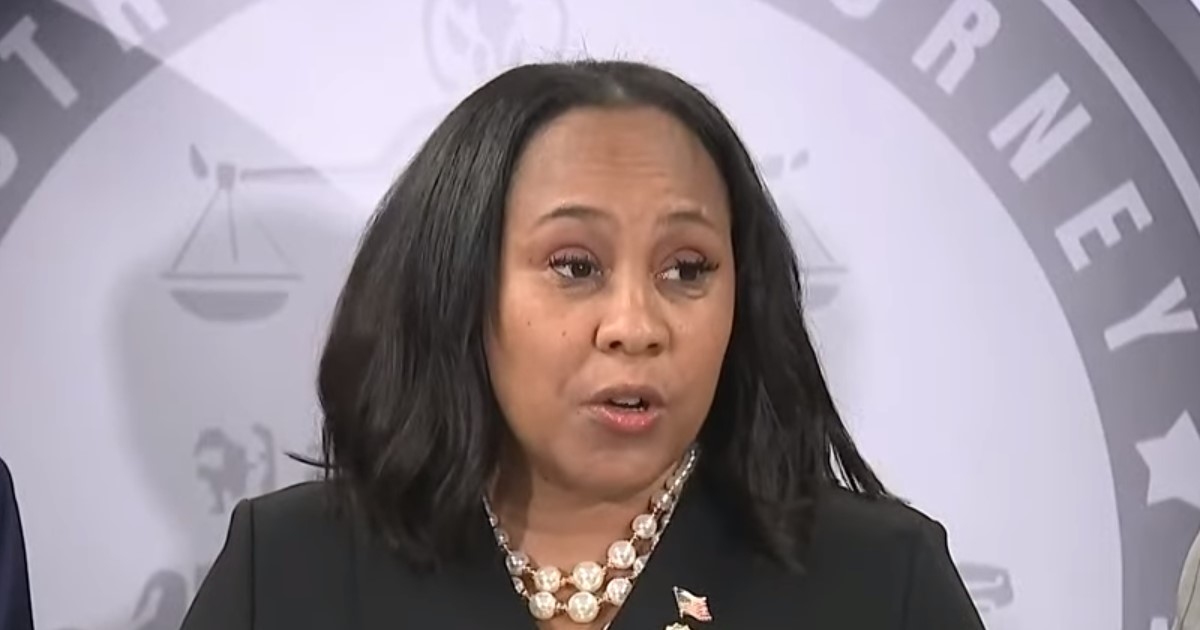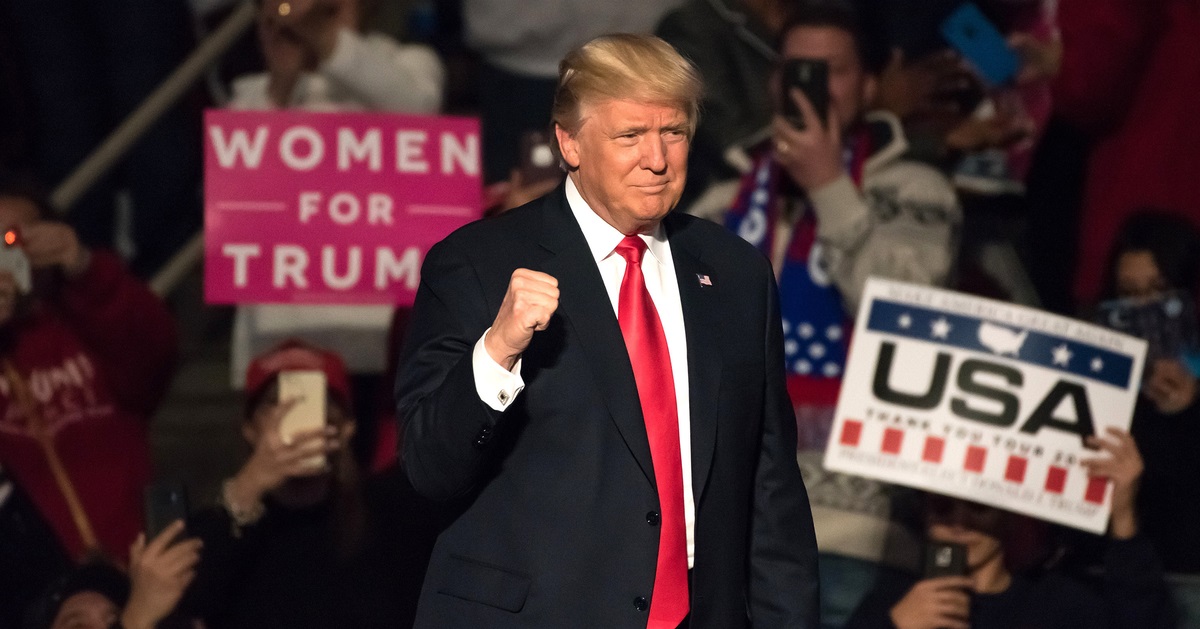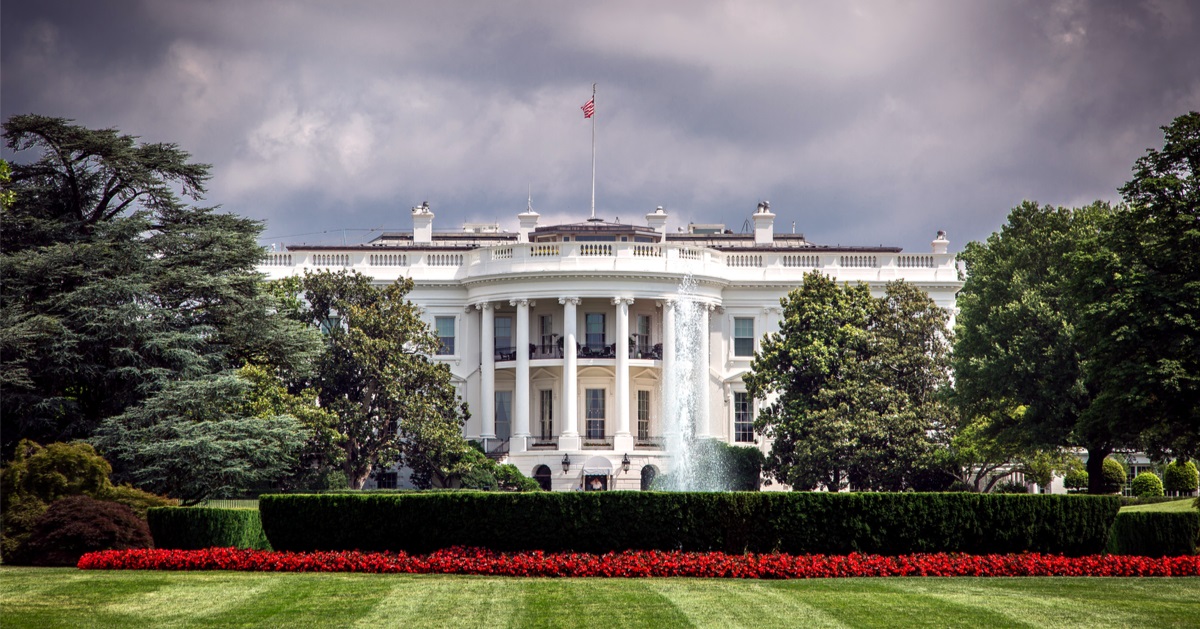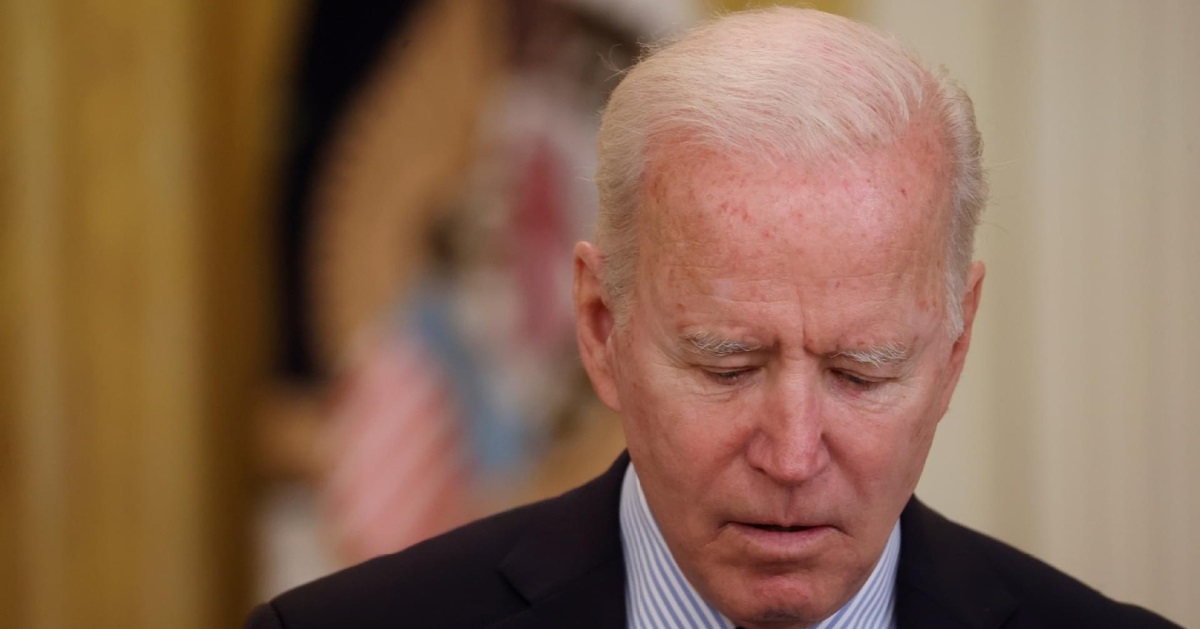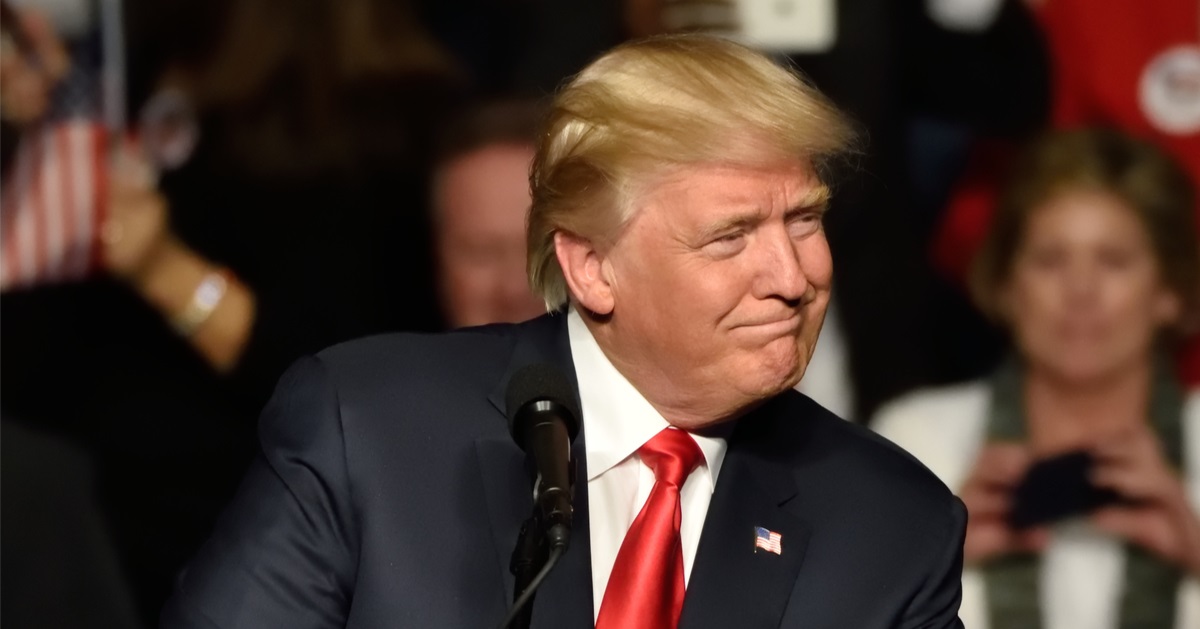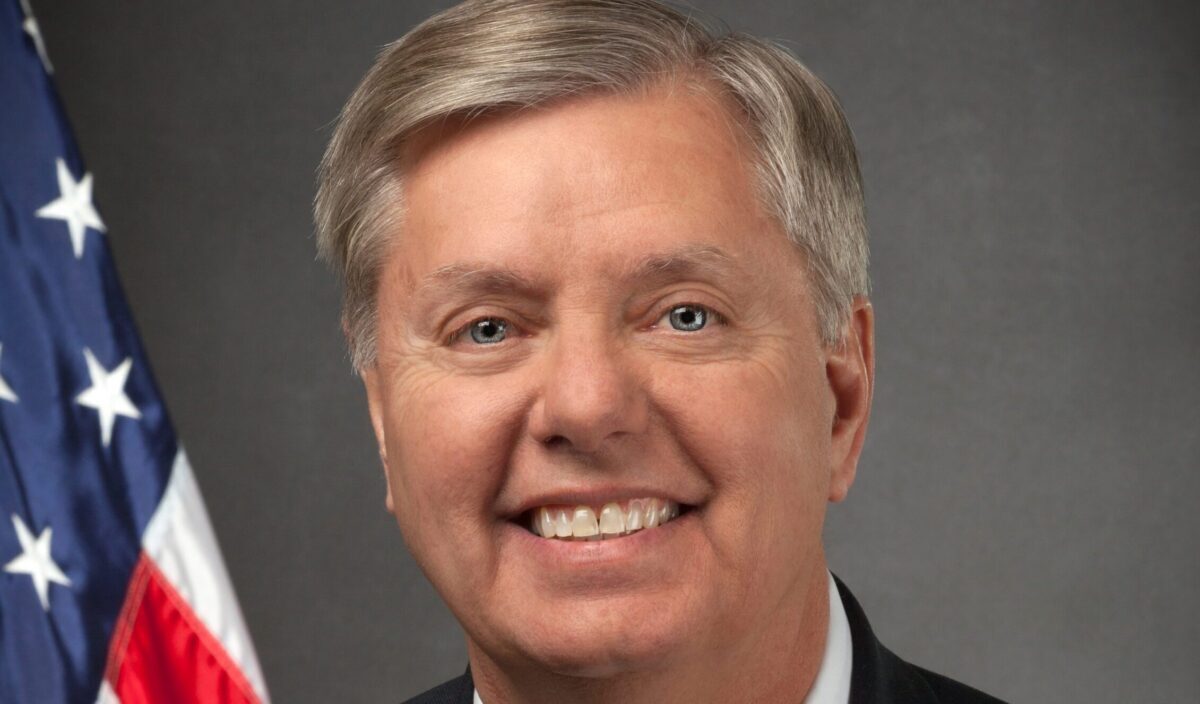SCOTUS ruling against Biden DOJ's overbroad use of 'obstruction' statute could impact Trump case
Special Counsel Jack Smith's 2020 election and Jan. 6 Capitol riot-related prosecution of former President Donald Trump may have been ended, or at least substantially hampered, by oral arguments in a separate Supreme Court case that was heard last week.
That case involves a challenge to a disputed "obstruction" statute pressed against hundreds of Jan. 6 protesters, as well as Trump himself, and the arguments didn't go particularly well for the Biden administration's attorney, according to left-leaning Slate.
If the high court ultimately rules against the Biden Justice Department's alleged overbroad interpretation of the criminal statute in question, that decision would significantly impact two of the four criminal charges Smith has pressed against Trump in the election-related federal indictment.
DOJ's use of "obstruction" statute challenged by Jan. 6 defendant
At issue here is 18 U.S.C. § 1512(c), which states: "Whoever corruptly -- (1) alters, destroys, mutilates, or conceals a record, document, or other object, or attempts to do so, with the intent to impair the object’s integrity or availability for use in an official proceeding; or (2) otherwise obstructs, influences, or impedes any official proceeding, or attempts to do so, shall be fined under this title or imprisoned not more than 20 years, or both."
Section 1512(c)(2) has been pressed by federal prosecutors against more than 350 Jan. 6 defendants, but it was argued by Joseph Fischer, a former police officer and Jan. 6 defendant who challenged the law and got it before the Supreme Court, that the law was broadly misinterpreted and misapplied by President Biden's DOJ in their zeal to prosecute and punish Jan. 6 protesters with excessive prison sentences.
Slate noted that based on how the oral arguments in Fischer v. United States went last week, in terms of whether the DOJ was "overreaching" in its use of that statute to prosecute Jan. 6 defendants, "it seems like the justices are inclined to say … yes, yes it is."
Majority of justices skeptical of DOJ's use of 1512(c)
SCOTUSblog reported last Tuesday that the Supreme Court was "divided" on the 1512(c) issue, in that while the three liberal justices seemed to agree with the Biden DOJ's use of the law against Jan. 6 defendants, the more conservative-leaning jurists were rather skeptical.
It was noted that the law was first passed by Congress in response to the Enron financial scandal as a way to catch white-collar criminals destroying evidence to obstruct an investigation, and several of the justices pointed out that it has never before been used against protesters who've acted to block or disrupt "official proceedings" until after the Jan. 6 Capitol riot of 2021.
"There have been many violent protests that have interfered with proceedings. Has the government applied this provision to other protests in the past?" Justice Clarence Thomas asked Solicitor General Elizabeth Prelogar, and similar queries were posed by others like Justice Samuel Alito and Chief Justice John Roberts.
Justice Neil Gorsuch even provided several examples of obstructive behavior by leftist protesters -- and one Democratic congressman -- that weren't similarly prosecuted under 1512(c), such as Black Lives Matter and Antifa protests and riots that blocked federal courthouses, hecklers and protesters who disrupted hearings in Congress and courts, and, about Rep. Jamal Bowman (D-NY), the pulling of a fire alarm to delay a congressional vote.
Smith may have to "scrap two of four charges" and "restructure the entire indictment"
In a separate analysis by Slate of the oral arguments, SG Prelogar was praised for her valiant efforts to defend the Biden DOJ's use of 1512(c) against Jan. 6 defendants -- and former President Trump, though he was not named once during the hearing -- as appropriate, given the purportedly unprecedented nature of the Capitol riot.
Yet, Slate's Mark Joseph Stern acknowledged the "peril" that federal prosecutors and Special Counsel Smith now faced from an adverse ruling by the high court on the overbroad application of the statute, even as "Smith’s indictment of the former president for his participation in Jan. 6 doesn’t entirely hinge on obstruction."
"It does, however, weave obstruction into both the facts and the legal theory of the case, placing it at the center of a broader criminal conspiracy to overturn the 2020 election," he wrote. "If SCOTUS defuses the law now, Smith would have to scrap two of four charges and restructure the entire indictment, making it that much easier for Trump to demand further delay and, eventually, evade a conviction."
That is indeed some "very bad news" for Smith in regard to his efforts to imprison Trump -- to say nothing of the Supreme Court's other pending case involving Trump's claim of presidential immunity, which would essentially pull the entire prosecutorial rug out from under Smith if the high court rules in favor of the former president's claim that he can't be prosecuted for "official" acts that occurred during his presidency.

